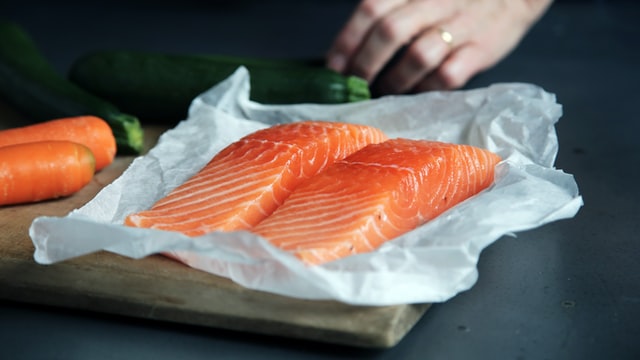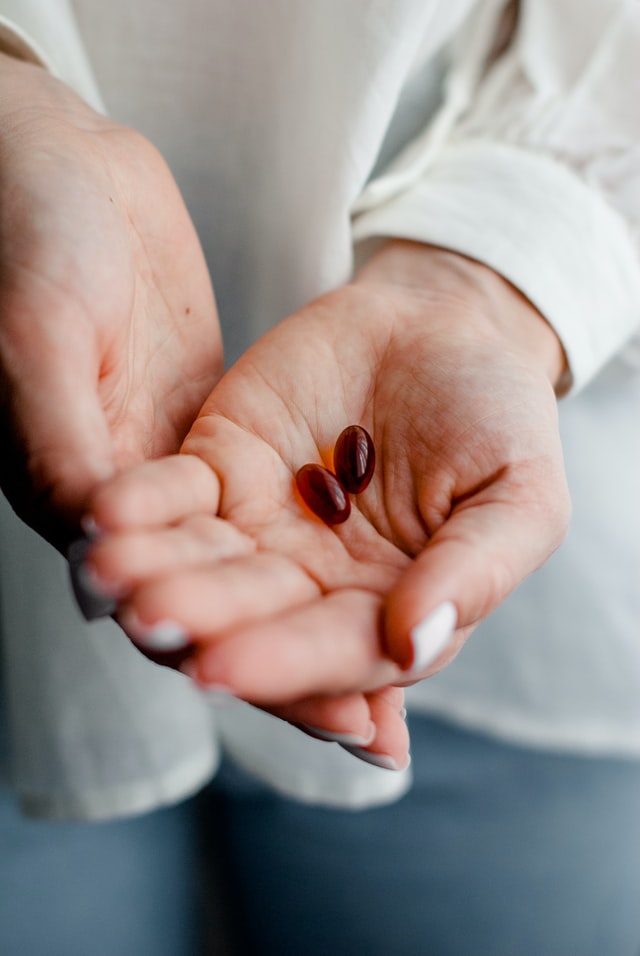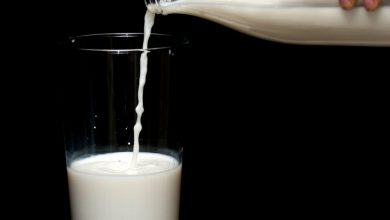
When Should You Take Creatine? Get the Most Out of Your Weight Loss Supplements
In the world of fitness and bodybuilding, creatine is a supplement that you typically hear mentioned a lot. Just as with any supplement, however, it’s imperative that you have a good understanding of how it works and how to take it properly.
Creatine is increasingly being incorporated into fat reduction and weight loss schedules by users. In this article, we’ll explore creatine, when to take it, and what its health and weight loss benefits can be when implemented into your diet and exercise routine.
What Is Creatine?
The muscle cells in your body naturally produce creatine. Creatine is primarily used in aid of energy production during exercise, help with muscle recovery, strength increases, and better performance. While most of your body’s creatine levels are generated through the muscle cells, your liver, kidney, and brain also play a small role.
What Are the Benefits of Taking Creatine?
Studies show creatine supplements can potentially help across a broad area of fitness, health, and bodily functions. Here’s how:
- Lowering of Blood Sugar – Some studies show that creatine can potentially lower blood sugar by helping maximize the functioning of the sugar transporting molecule GLUT-4.
- Increases Muscle Growth – Creatine is a popular supplement taken for muscle and strength building. Creatine has been shown to help muscles through boosting of necessary fiber growth.
- Performance Boosting – Studies have found that creatine can help boost the efficiency of high-intensity exercises by improving strength, endurance, recovery, brain performance, and more.
- Energy Production – Creatine supplements have shown promise in testing with increasing energy levels in those with traumatic brain injury and athletes exercising in hotter temperatures.
- Help with Neurological Diseases – Diseases such as epilepsy, Alzheimer’s disease, Huntington’s disease, strokes, and others have been shown in some studies to have reduced symptoms and disease progression through the use of creatine supplements.
How Can Creatine Burn Fat?
The ability of creatine to help burn fat is tied into how the supplement helps the body build muscle. Essentially, as creatine is used in fitness schedules and weight lifting to increase muscle mass, it burns calories during the process and can result in indirect weight loss.

How Can I Take Creatine?
Creatine is often taken in the form of manufactured store-bought supplements. But you can also find creatine naturally through food consumption.
If you’re taking a store-bought creatine powder supplement, recommended dosages should be listed on the outside of the packaging. Typically, creatine powder can be mixed into a healthy shake for consumption. Note that, when purchasing creatine supplements, there are sometimes unhealthy ingredients included in mixes. It’s crucial to pay attention to ingredients listed and avoid those that can be dangerous, such as methylhexanamine or geranium extract.
If you don’t want to use creatine powder supplements, some foods contain naturally increased dosages of creatine that you can consume instead, such as:
- Pork
- Salmon
- Herring
- Beef
- Tuna
- Lean chicken breast
- Cod
- Bacon
- Milk
- Fish sauce
- Hot dogs
- Cranberries
- Rabbit meat
- Oxheart
- Lamb
- Blood sausage
When Is the Best Time to Take Creatine?
Generally speaking, when you seek to use creatine as a fat-burning aid, it should be paired with a fitness routine. Developing your exercise schedule first is critical; then, work creatine supplements into this schedule.
Begin by taking creatine prior to your workout; doing this will help boost your muscle building and fat-burning potential. Following your workout, another creatine supplement dose is recommended in order to help keep the energy up and promote muscle recovery. Outside of your fitness routine, creatine can also be taken as part of a healthy diet.

Other Weight Loss Supplements
Of course, every person and every diet is different; creatine may not be the best fit for your fitness and weight loss goals. If you’re looking for ideas on other supplements you can take for weight loss, here are a few alternatives to consider:
- Raspberry Ketones – Raspberry ketones have not yet been studied medically in humans for their use in weight loss; however, it is believed that this raspberry-derived substance can potentially help in weight loss due to weight gain reduction shown in rat testing. There are no current known side effects of taking raspberry ketones.
- Glucomannan – You can find glucomannan in the elephant yam root. Due to this root’s ability to absorb water, it’s thought that this supplement can help with weight loss by making users feel full faster. Some side effects reported with taking glucomannan are soft stools, increased flatulence, and bloating. Glucomannan has also been shown to inhibit the use of some oral medications, so you should always discuss with your physician before taking this supplement.
- Green Tea Extract – Green tea extract has been shown in a number of studies to help with weight loss by increasing the fat-burning norepinephrine hormone. There are minimal side effects related to taking green tea extract; however, users who do not tolerate caffeine well might not be suited to take this supplement.
- Green Coffee Bean Extract – There have been multiple studies showing that green coffee bean extract can potentially help with weight loss through speeding up carbohydrate breakdown and increasing calorie burning through caffeine. Diarrhea and green coffee bean allergies have been reported as side effects with this supplement. Those who are sensitive to caffeine should also beware of taking green coffee bean extract.
- Garcinia Cambogia – Garcinia cambogia is a fruit whose skin contains hydroxy citric acid. It’s thought that hydroxy citric acid helps block enzymes that cause cravings and fat build-up. There are conflicting studies on the use of this diet supplement, and it has been known to cause mild indigestion in some.
As always, before beginning any new dietary supplement, we recommend consulting with your physician to ensure it’s the best choice for your health and weight loss goals.



